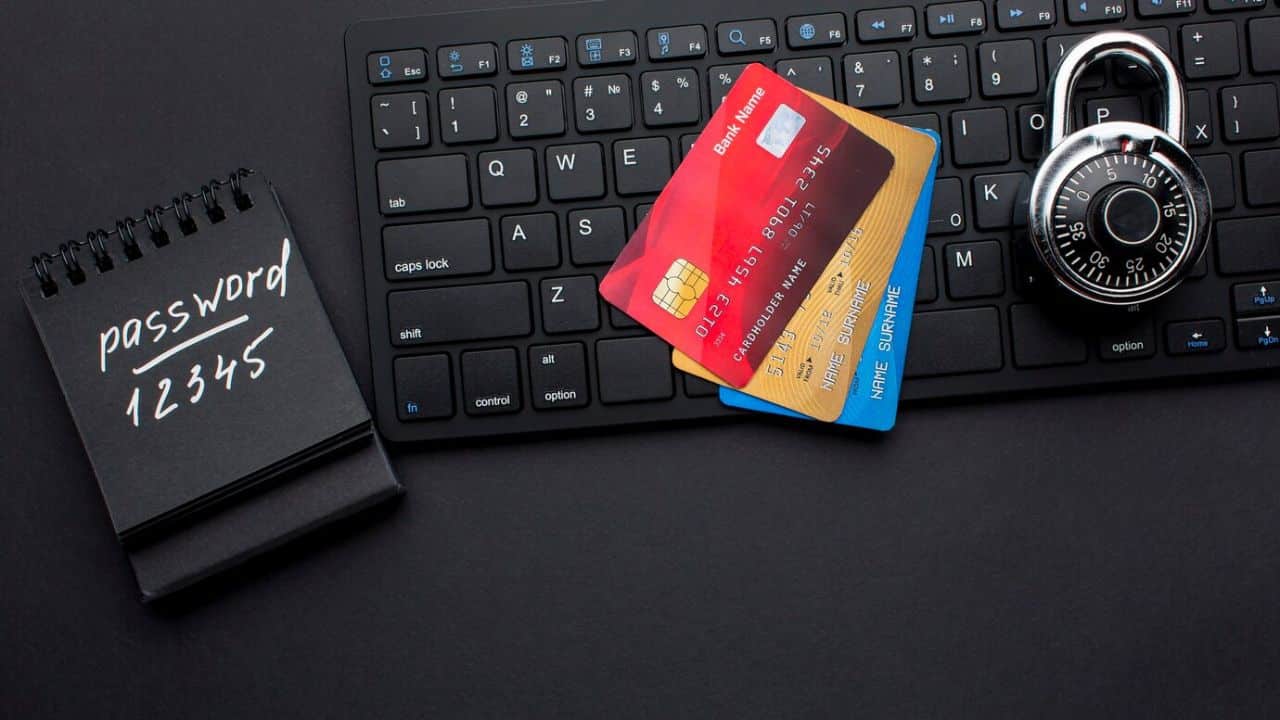With our increasing dependence on technology and online transactions, the risk of online scams is at an all-time high. Credit Card fraud, in particular, has become a widespread concern. With the rise of online shopping, mobile payments and other digital transactions, the potential for unauthorised access to personal and financial information has grown exponentially.
This guide aims to equip you with the knowledge and tools necessary to protect your Credit Card data. By understanding the common tactics used by scammers and implementing effective security measures, you can significantly reduce your risk of falling victim to this crime once your apply for Credit Card online or offline.
Types of Credit Card frauds
Online Credit Card fraud can take many forms, but they all involve the unauthorised use of your card or account information. Here are some common types:
- Account takeover – Scammers may gain unauthorised access to your account and initiate transactions.
- Application fraud – Fraudsters may apply for new Credit Cards using stolen or fake identities.
- Card-not-present fraud (CNP) – This occurs when card information is used for transactions without the physical card present, often through phishing scams or data breaches.
- Lost or stolen card – If your card is lost or stolen, it can be used for unauthorised purchases.
- Phishing – Phishing scams trick you into revealing your card details by posing as legitimate entities or websites.
- Skimming – This involves using a device to capture Credit Card details from your magnetic stripe.
Tips to prevent Credit Card frauds
-
Handle Credit Cards securely
Protect your instant Credit card and keep it in a secure place, such as a locked wallet or purse. Sign the back of your card as soon as you receive it.
Be mindful of your surroundings in public spaces, especially in crowded spaces, to prevent theft. In the unfortunate event of theft, report and block or cancel your cards immediately by contacting your bank.
-
Securely dispose Credit Card documents
Dispose of any documents containing your Credit Card number, such as bank statements or receipts. Properly dispose of expired or cancelled cards to prevent misuse.
-
Monitor your transactions
Sign up for SMS or email alerts to track your transactions in real time. Ensure you check your online banking statements regularly for any unauthorised activity.
-
Ensure you conduct transactions safel
Verify any receipts or bills for the amounts before signing. When it comes to Credit Card bill payment, ensure you review the amounts carefully. Memorise your PIN and avoid writing it down or having it saved in a chat or app on your phone. Do not share your Credit Card details over the phone or through unsolicited emails or texts.
-
Check websites for safety
Before you give away your card details, ensure that any websites you are buying from are secure and legitimate. Consider investing in antivirus applications that help filter out or block such dangerous websites.
Be cautious when using public Wi-Fi for online transactions. Such networks are often open for anyone to access information.
-
Use strong passwords
When creating passwords, use a combination of upper- and lowercase letters, numbers and symbols. For Credit Card PINs, avoid using your or a family member’s birthdate, as such numbers can be predictable.
Summing it up
When you apply for Credit Cards understand how various Credit Card frauds are conducted and implement precautionary measures to reduce the chances of your card getting compromised. Remember to handle your cards securely and monitor your transactions regularly to ensure you are always aware of your Credit Card’s usage.



































